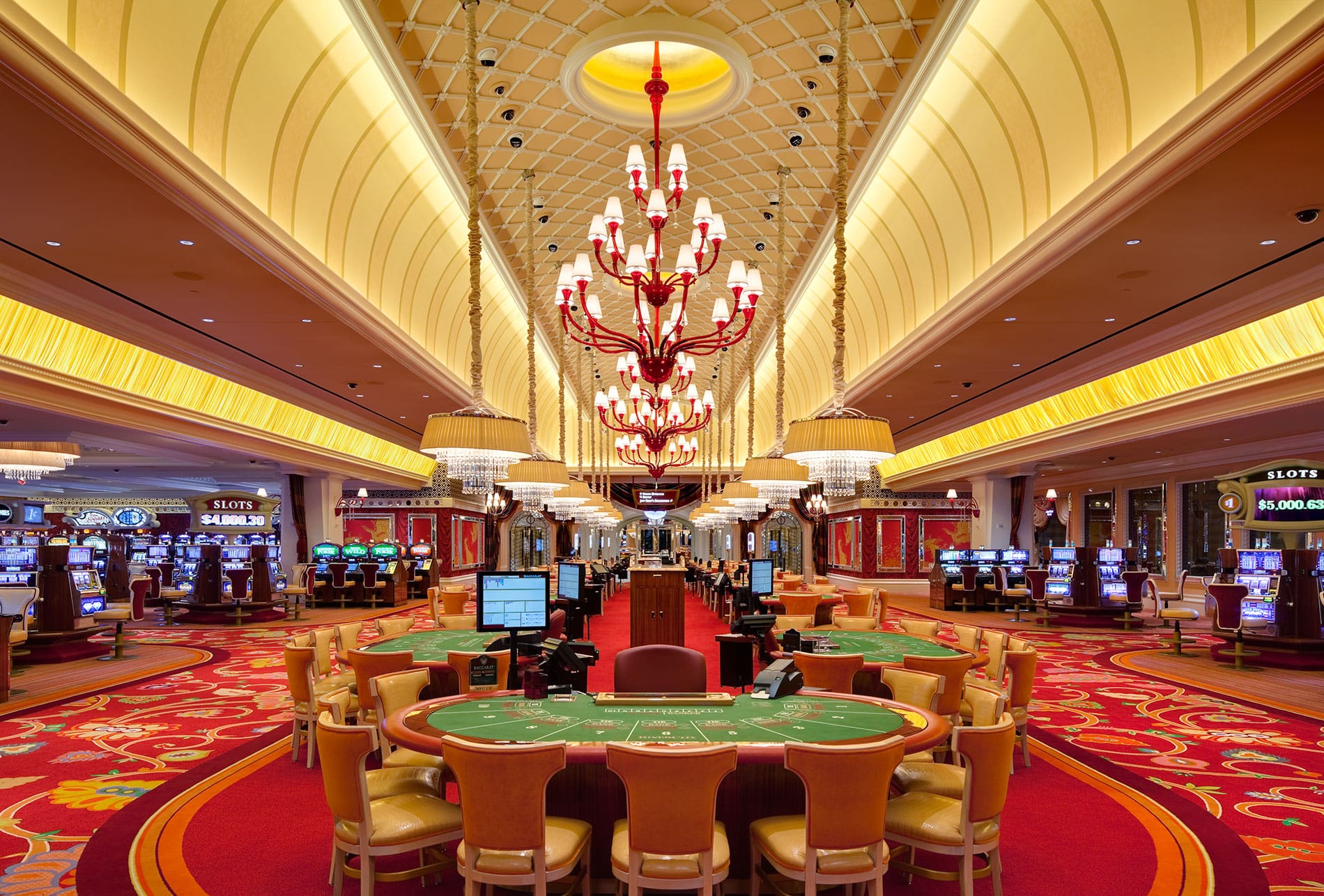
Casino games have long been a significant aspect of human culture, providing not just entertainment but a fascinating reflection of our aspirations, ambitions, and concerns. From the turning reels of a slot machine to the skill-based strategies of poker, these games represent a variety of human feelings and events. At their core, casino games are more than a chance to win money; they are a microcosm of life itself, where risk and reward merge and fortunes can change in an instant.
As players gather around tables or sit in front of vibrantly illuminated machines, they take part in a tradition that transcends mere betting. These games mirror our natural desires for social interaction, excitement, and the quest for chance. They also disclose deeper truths about human nature, such as our relationship with fate and the thrill of uncertainty. In exploring casino games, we discover not only the rules of play but also the rich tapestry of the human story, showcasing our woven narratives of hope and reality.
The Mind Behind Gambling
Wagering is deeply rooted in the psyche of individuals, appealing to various feelings and desires. The excitement of risk-taking is a fundamental aspect that draws players in, whether it’s excitement of spinning a roulette or the excitement of drawing a winning hand in poker. This adrenaline is often compared to other forms of excitement, as the unpredictability of outcomes triggers a unique psychological response. Gamblers often find themselves captivated by the possibility of winning big, leading to an almost magnetic draw toward gambling games.
Additionally, a crucial component of the psychology behind gambling is the concept of optimism and ambition. Players often nourish fantasies of financial freedom and the opulent lifestyle that can follow winning. This optimism fuels their continued participation in casino games, as it provides a sense of purpose and the conviction that a life-changing win could be just one wager away. The narrative of beating the odds and achieving success resonates with many, reinforcing their dedication to play and engage with these games.
Finally, social aspects play a crucial role in gambling psychology. Gambling venues are designed to foster social interaction, where gamblers gather to share the journey of wins and losses. This shared aspect not only enhances enjoyment but also affects behavior, as individuals often mimic the actions of others around them. The collective approval found in shared excitement can magnify the emotional experience, making casino games a reflection of not just personal desires but also shared involvement within the gaming community.
### Risk and Reward: A Double-Edged Sword
Gambling activities embody the fragile balance between risk and reward that resonates profoundly with the human experience. The thrill of placing a wager is often accompanied by a surge of excitement, as participants are confronted with the prospect of a huge payout, yet cognizant of the risk to suffer losses. This dual experience reflects a core aspect of life: the decisions we face often come with intrinsic risks, and the quest for benefit can compel us to take chances we might not otherwise consider. In this way, casino games reflect real-world choices, enticing players to gamble not just their funds, but also their hopes.
The allure of jackpot prizes and payouts fuels a feeling of positivity, encouraging gamblers to imagine a better future that could manifest from a single victorious spin of the roulette or flip of a card. This hope can drive individuals to engage in riskier behaviors, urging them to push their boundaries in search of financial gain. However, just as in life, the outcomes of these decisions can lead to both triumph and failure. The narratives of both jackpot winners and those who have lost everything at the tables demonstrate the random nature of luck and its impactful effect on our existence.
Ultimately, the experience of engaging with gambling activities serves as a strong reminder of the human condition. Every session played is loaded with the tension of uncertainty, as players weigh the gains against the risks. betting site not on GamStop This interaction not only highlights the thrill that comes with betting but also unveils the risks that come with the desire for more. As we journey through the challenges of choice and consequence in both the gambling world and in life, we find that the pursuit of risk and reward shapes our sense of self and journeys in significant manners.
Culture and Solitude in Casino Environment
Gambling culture is a special mix of social interaction and individual pursuit, reflecting the dualities of human experience. Players often gather around games, experiencing in the thrill of the game, rejoicing in wins, and sympathizing over losses. This communal aspect is essential, as it fosters a sense of community and bonding among varied groups of people. Regular visitors to gaming establishments may form friendships and develop routines, turning the gambling venue into a second home where they feel linked to a larger community of gamblers.
However, the attraction of casino activities can also lead to isolation. As individuals become engrossed in the thrill of playing, they may isolate from personal relationships or neglect to engage with the world outside the gaming space. For some, the pursuit of a jackpot can distract from genuine connections, leading to loneliness. The experience of being surrounded people yet experiencing solitary is not uncommon, as the focus shifts from shared enjoyment to the individual concerns of each player’s journey.
This interplay of community and isolation creates a vivid mosaic that defines gaming culture. It highlights the intricacy of social interactions, where joy and sorrow exist together. Casinos serve as both a sanctuary for social interaction and a platform for individual challenges, illustrating how deeply entwined our desire for companionship and the individual quest for fortune can be. In navigating this landscape, players confront their own stories—seeking both the thrill of the game and the fellowship of other gamblers, ultimately mirroring the broader spectrum of individual experience.